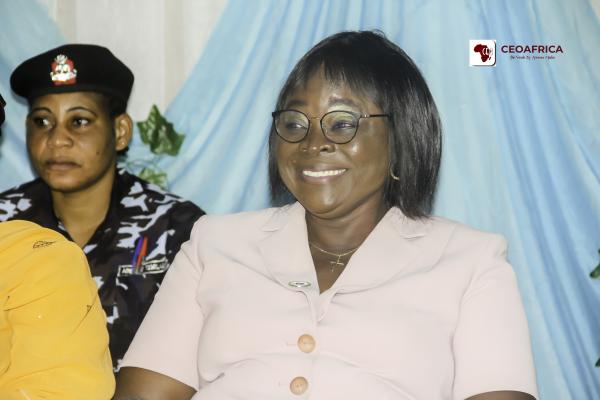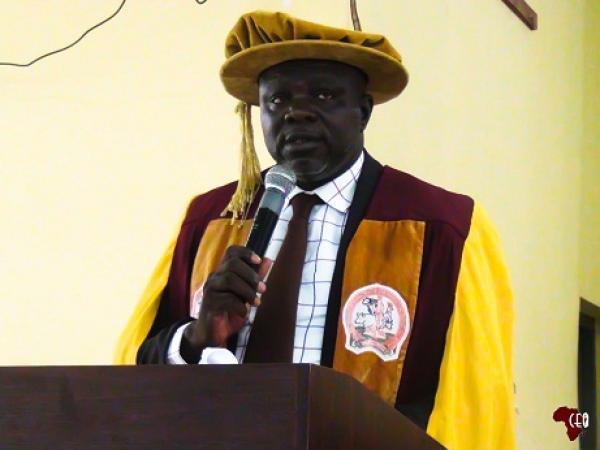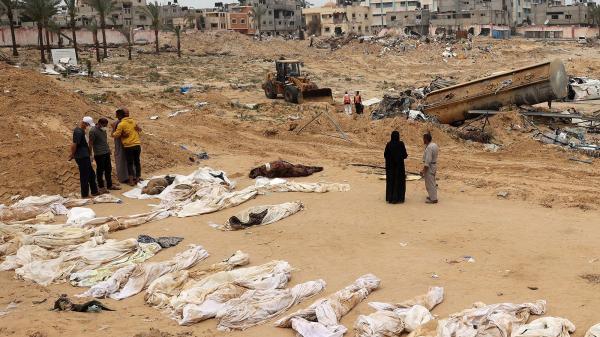
Expelling pregnant students from university residences is a grave act of gender-based violence because female students do not impregnate themselves, Minister in the Presidency Responsible for Women Bathabile Dlamini has charged.
"To expel the females and leave their partners is to further perpetuate gendered inequalities because in essence, you are depriving young women of their right to education," she said in a statement.
"You thus threaten to undo decades of women';s struggles against social, political and economic barriers that have historically kept us away from the doors of higher learning."
News24 on Friday reported that the Commission for Gender Equality found that the University of Zululand (UniZulu) "expels" pregnant students from residences when they are in their final trimester of pregnancy. It last week released its findings after hearings into gender policy at tertiary institutions.
UniZulu';s recently elected Student Representative Council (SRC) last month reported this to the CGE, as well as the university not providing prenatal services for students.
The university denied the allegations.
Dlamini "saluted" the SRC for "responding with fearlessness against the exclusion of their peers from opportunities of higher learning", urging student bodies to emulate the actions of "standing up to reject any attempts by those in power to reverse the gains of the women';s movement".
"There has been a steady rise in depression, anxiety, and other mental health and psychosocial disorders in university campuses across the country in recent years. Expelling female students only serves to add to these difficulties."
Meanwhile, the Department of Women is expected to launch its 16 Days of Activism Campaign on Sunday in KwaMagwaza in Melmoth, KwaZulu-Natal.
Dlamini at a media briefing on Saturday said events planned include strategic dialogue sessions with boys and men, discussions with female traditional leaders and honorary commemorations of the lives and legacies of women who "lived and died for the struggle" against gender inequality, such as Charlotte Maxeke and Albertina Sisulu.
Discussions with the LGBTIQA community, and public hearings "against all forms of gender abuses in the guise of religion and faith" would also take place.






















